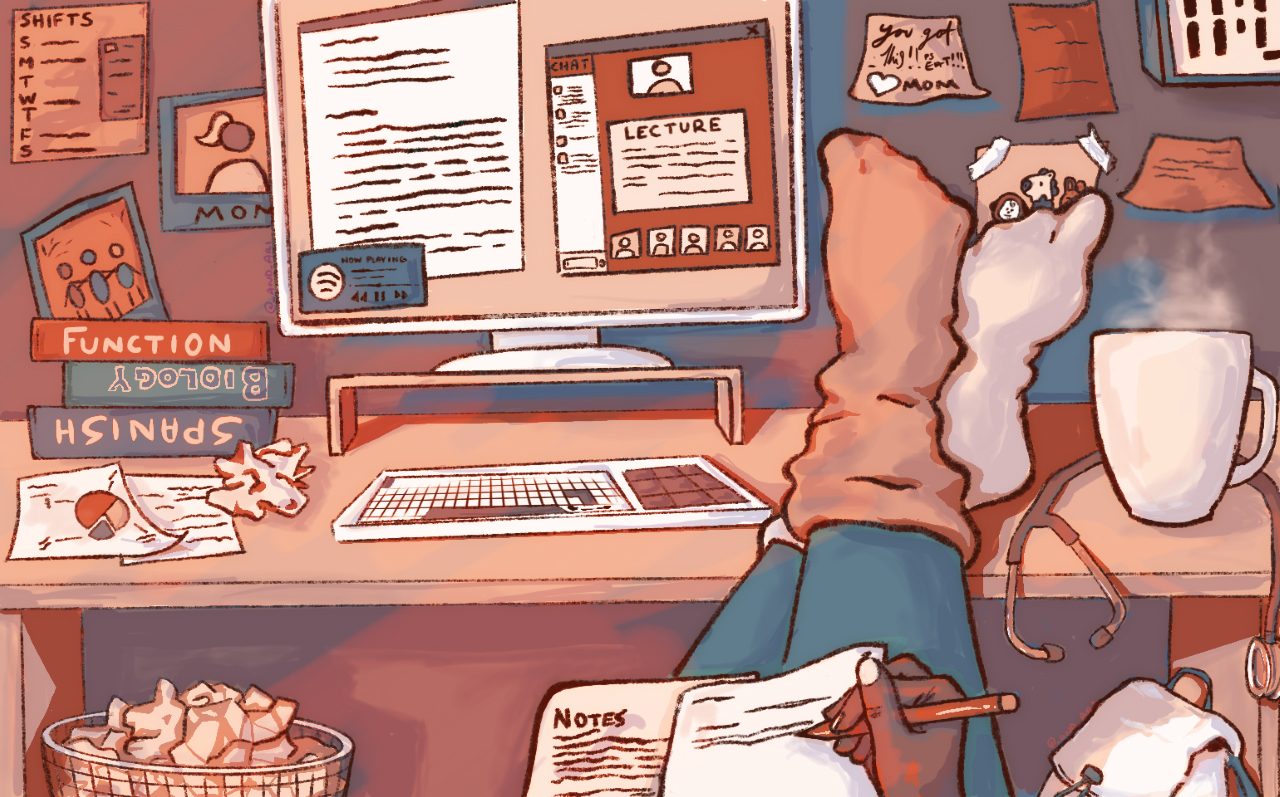Asthma and Me: A Conflicting Relationship
I’ll never forget the day I realized something was wrong with me. It was during P.E. class and we were enduring one of those excruciating running drills that seemed to last forever. I remember trying to keep pace with my friends, laughing and pushing through the usual exhaustion that comes with physical activity. But then something changed. As I ran, my breaths became shorter, quicker, and shallower. My throat felt like it was closing up, tightening with every desperate inhale. No matter how hard I tried, the air just wouldn’t come. I stopped dead in my tracks, clutching my chest as if it was my last hope. My heart pounded with panic as I struggled for air. It was terrifying.
My mind raced, trying to understand why my body wasn’t doing what it was supposed to. I could hear the distant sounds of my classmates, still running and playing, unaware that I felt like I was drowning in thin air. At that moment, I didn’t know what was happening. All I knew was that I couldn’t breathe, and I was scared. It felt like I was being squeezed from the inside, each breath harder to catch than the last. My teacher rushed over when she saw me struggling, but it felt like time had slowed down, as if I was stuck in that terrifying moment forever.
That was my first asthma attack.
In the weeks and months that followed my diagnosis, I had to adjust to a new reality. My inhaler and aerochamber became constant companions, something I always carried with me just in case. I learned to recognize the signs of an impending asthma attack: a telltale shortness of breath, tightness in my chest, that slight wheeze echoing in my lungs. It didn’t take long to realize that asthma wouldn’t just affect how I ran or played during P.E.
It would change how I interacted with my friends, how I participated in school activities, and even how I saw myself.
The fear of another attack became an ominous shadow that followed me everywhere, especially during sports and physical activities. Even when I wasn’t having symptoms, I hesitated to push myself too hard, worried that my lungs might fail me again.
This fear came even more into focus as my friends grew older and started getting into organized sports. Soccer, basketball, track—there was a clear line forming between those who were conventionally “athletic” and those who weren’t. I wanted so badly to be part of the team, to join them after school in the fun and fellowship of sports practice. But asthma doesn’t take breaks. The moment I pushed my limits, I’d feel the familiar tightness in my chest and soon enough, I’d be benched.
This was hard to explain to friends. At a young age, people don’t always understand the nuances of chronic conditions. To them, it seemed like I was “lazy” or “uninterested” in joining them, even though I desperately wanted to. This discomfiture created an invisible wall between us. They’d go to practice or play in games together while I sat on the sidelines, excluded not by choice but by a necessity. Over time, I noticed a shift in how they interacted with me. They’d talk about shared experiences from practices or the thrill of winning a game, while I listened awkwardly from the sidelines, unable to relate.
I eventually accepted that I would never be the fastest runner or the best at any sport. But that didn’t mean I couldn’t have a fulfilling social life or enjoy extracurricular activities. I just needed to find the right ones. Once I focused on activities I could fully participate in without triggering my asthma, like art classes, book clubs, and writing groups, I found my safe havens. I could pour my energy into these outlets without worrying about how my body would hold up.
I also found friends who shared these interests and they became my new circle. We connected over books, art, and trivia, where asthma was never an issue. These friendships were just as deep, if not deeper, than those I had in my younger years. I learned that having different interests or limitations didn’t make me any less valuable as a friend or a person.
Living with asthma has been a lifelong journey of self-acceptance. While it steered me away from the athletic path many of my peers followed, it also led me to discover other passions and friendships that were equally fulfilling. Yes, there were struggles, moments of frustration, embarrassment, and isolation, but there were also moments of growth.
Asthma forced me to understand my body’s limitations and to appreciate what I could do.
Most importantly, it taught me empathy. I now know what it feels like to be excluded, to be on the outside looking in. That experience has shaped how I approach friendships today. I’m more understanding of others’ limitations and differences, and I try to create spaces where everyone feels like they belong.
Asthma may have shaped my path in ways I didn’t expect, but it didn’t define my happiness or success. It’s just one part of my ever-growing story. A story that continues to unfold, one full of breath and full of life.




